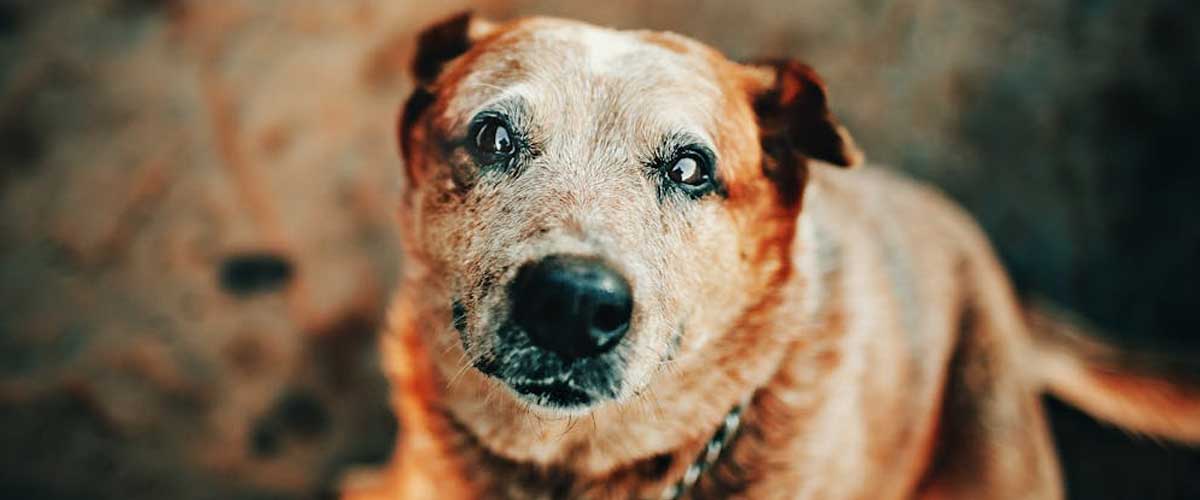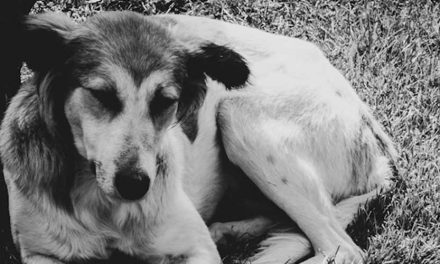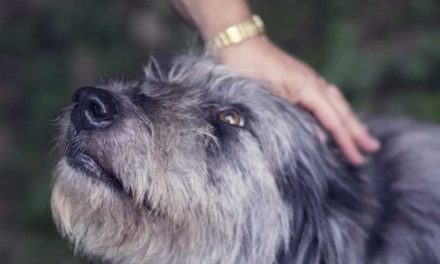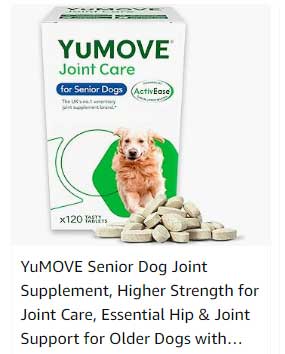As our beloved canine companions age, their needs change significantly.
Providing excellent long-term care for an elderly or sick dog is essential to ensure their comfort and quality of life.
Here are several important aspects to consider when caring for your aging pet.
1. Regular Veterinary Check-ups
Frequent veterinary visits are crucial for identifying and managing health issues before they become severe.
Older dogs should be seen at least twice a year, while those with chronic illnesses may require more frequent visits.
Regular check-ups can help monitor the dog’s weight, pain levels, and overall health.
2. Nutrition and Diet Modification
As dogs age, their dietary needs change.
Senior dogs may benefit from specialized diets that cater to their health conditions.
High-quality, easily digestible food can aid in maintaining a healthy weight and provide necessary nutrients.
Always consult with your veterinarian for recommendations tailored to your dog’s specific health needs.
3. Pain Management
Chronic pain from arthritis or other conditions is common in older dogs.
Signs to look for include difficulty in getting up, limping, or a decrease in activity levels.
Speak with your vet about pain management options, which may include medication, supplements, or alternative therapies such as acupuncture or physical therapy.
4. Comfortable Living Environment
Creating a comfortable home environment is essential for a senior dog.
Consider their mobility and comfort when choosing a sleeping area.
Orthopedic beds can provide support for joints, while ramps can help them access favorite spots without straining themselves.
Ensure their space is free from hazards to prevent injuries from slips and falls.
5. Mental Stimulation
Senior dogs may not be as active as they once were, but they still require mental stimulation to keep their minds sharp.
Engage them with puzzle toys, gentle play, and regular social interaction. Simple games like hide-and-seek can also be fun and stimulating without being overly strenuous.
6. Regular Exercise
While elderly dogs may need less intensive exercise, regular, gentle activity is still important.
Short walks and light playtime can keep their muscles strong and joints limber.
Always monitor your dog for any signs of fatigue or discomfort during physical activities.
7. Grooming and Hygiene
Maintaining proper hygiene is vital for an older dog, as they may struggle with grooming due to mobility issues or health concerns.
Regular brushing can help keep their coat healthy and reduce shedding.
Additionally, regular dental care and nail trimming are important factors in maintaining their overall well-being.
8. Emotional Support and Companionship
Older dogs may experience anxiety or depression, especially if they are dealing with illness or the loss of companions.
Spend quality time with your dog, providing love and reassurance.
If possible, keep a consistent routine to create a sense of stability for them.
9. End-of-Life Considerations
Unfortunately, all pets have a limited lifespan, and end-of-life decisions can be some of the hardest to face.
If your dog is suffering from a terminal illness or shows significant decline in quality of life, consult your veterinarian about palliative care options and whether it may be time to consider humane euthanasia.
Long-Term Dog Care
Providing long-term care for an elderly or sick dog requires dedication, compassion, and attention to their changing needs.
By staying proactive with their health, adjusting their diet and exercise, and ensuring their environment is comfortable, you can enhance their quality of life.
Remember, a dog’s love is unconditional, and returning that affection through proper care is one of the best gifts you can offer them in their golden years.









